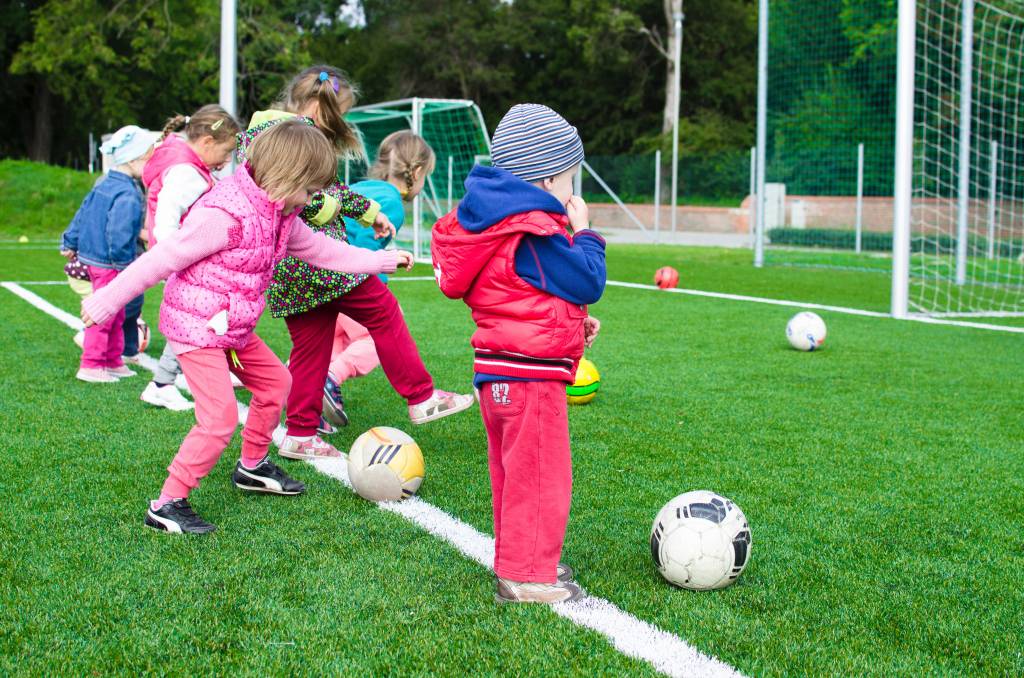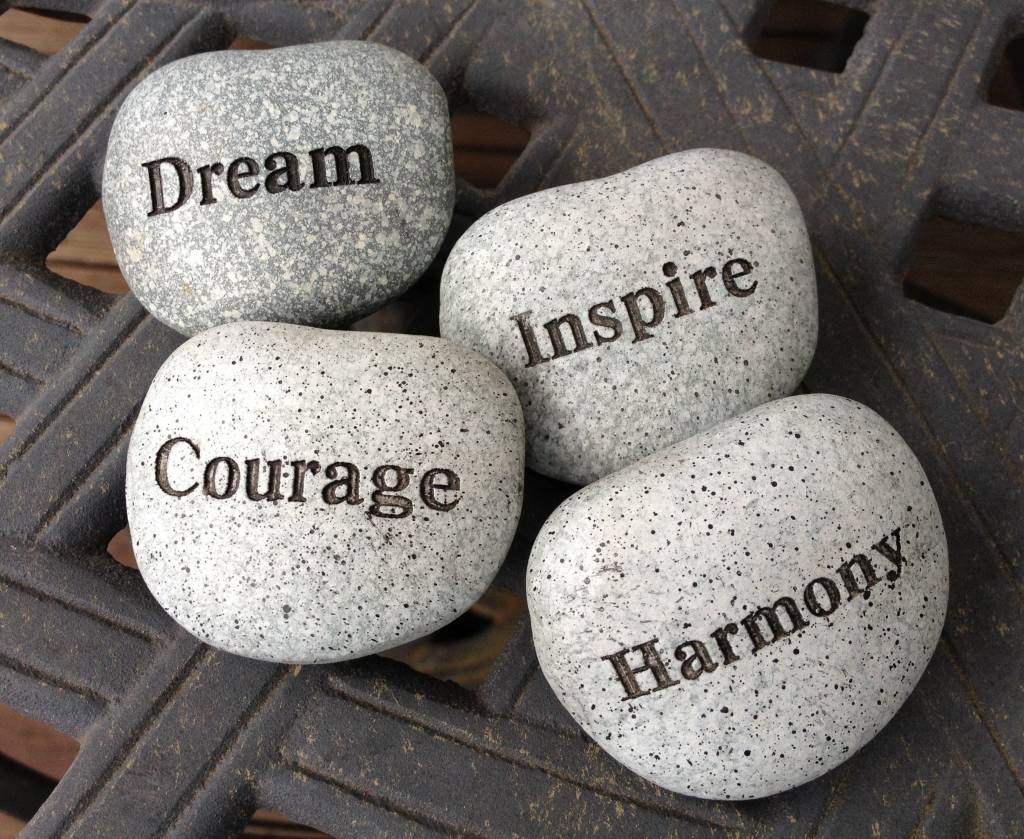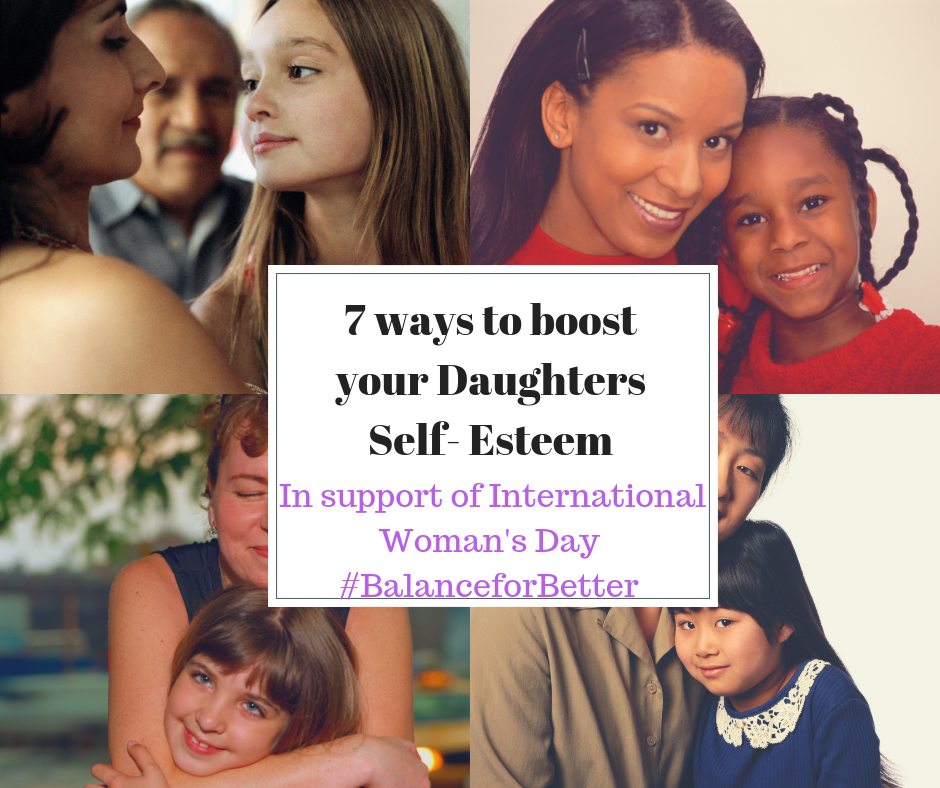It’s International Woman’s Day on Friday, March the 8th. The theme is:
Balance drives a better working world. Let’s all help create a #BalanceforBetter.
What can we do to create a more balanced world for a woman? We all have a part to play, and gender parity can start within the home. Here are seven ways to boost self-esteem and reflect on how you and your family promote gender balance.
1. Minimise Access to Social media
A recent study by UCL showed that teenage girls are twice as likely to show depressive symptoms with high social media usage of five or more hours. As a result, high usage was linked to cyberbullying and harassment. Source: Independent Online) Limiting use will promote healthy relationships and self-esteem. You may want to consider:
- How do you talk to your daughter about social media?
- Are you always on the phone? Do you have screen-free time?
- Do you agree on limits?
- Do you feel worried even broaching this subject?
- Would you consider a curfew during the night?
2. Boost Confidence in who she is rather than appearance.
Most of us are caught up with external worldly ambitions. Society would have us believe that inner satisfaction depends on outer appearance and success. Consequently, isn’t it time to promote something else, such as developing qualities such as kindness, generosity or activities that promote creativity, purpose
- What do you encourage your daughter to do or enjoy?
- What is valued in your home, and how do you talk about it?

3. Boost Self-Esteem; start Sport Early
Research shows that girls who play sports have better social skills and self-concept. However, not all girls are sporty, so drama or other creative pursuits may help.

4. Promoting equity, discussing power and control issues within your home.
There are power and control issues in every relationship, even within therapy. Any good relationship should be based on equality and respect. As parents, we need to model this. You may want to consider:
- How do you/they show respect to each other?
- Are you promoting healthy differentiation between you and other family members.?
- Is one family member’s view tolerated more than another ( is there a gender bias in this)
- Are women “mocked” in the household by brothers or fathers?

5. Model Healthy Body Image
The media is flooded daily with digitally altered photos; in other words, it’s impossible not to compare/focus on appearance. Moreover, how can you prevent your daughter from being influenced by this? You may want to consider:
- How often do you worry about your appearance and talk about it in the presence of your daughter?
- Do you find yourself saying how “bad” it is as you’re put on weight or how good you look as you’ve lost weight?.
- You might not think it, but you do influence your daughter. Focus on healthy eating and exercise.

6. Don’t criticise other women
Sometimes women and girls can be unkind to each other. “Playground Politics” comes to mind. I don’t think men/boys behave in the same way. We need to support each other, come together and not against men. You might want to talk through the campaign at https://www.internationalwomensday.com/Theme.
You may want to consider:
- How often do you have positive conversations about inspiring women?
- How do you talk about women or girls? What do you say?
- Do you buy books, or see films or art about inspiring women?
- Does your family ever watch women playing sports?

7. Daughters need fathers
Research shows that a secure and loving relationship with fathers improves:
- Cognitive capacity
- Secure, trusting intimate relationships
- Healthy peer relationships

As mothers/partners, we must encourage and support our partners to spend time with their daughters.
When mothers are supportive of their spouse’s parenting (view them as competent parents, provide encouragement, expect and believe parenting is a joint venture), men are more likely to be involved with, and responsible for their children
(Biller, 1993; Coverman, 1985; Cowan T)
The Effects of Father Involvement: A Summary of the Research Evidence Sarah Allen, MSc and Kerry Daly, PhD, University of Guelph
However, a father could be absent either physically or emotionally. Positive male role models, uncles, godparents, friends, grandfathers or mentors may help to bridge the gap.

To summarise, don’t underestimate the small gestures you make daily. In short, spending some special time together weekly may go towards increased self-esteem and value. I would love to hear how you celebrate International Woman’s Day or how you generally promote gender balance. You can contact me on Facebook or here
Much love and Gratitude, Catherine



